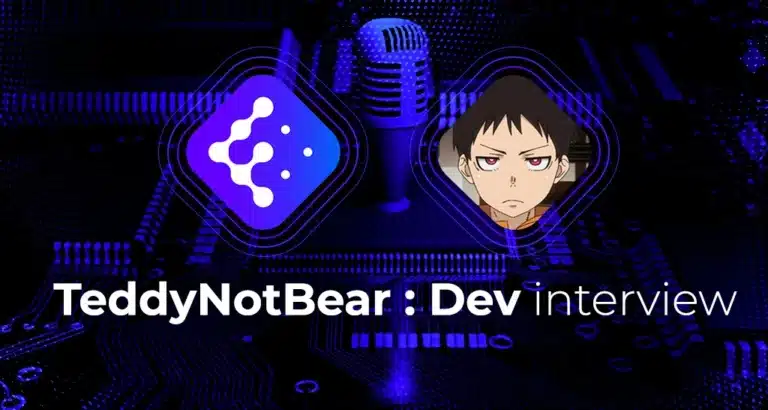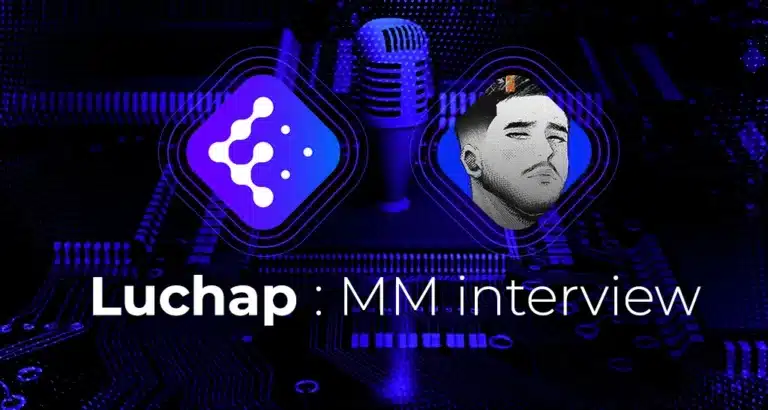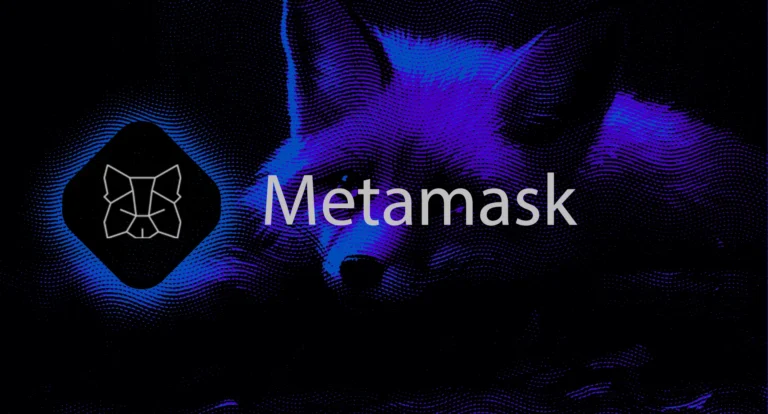What is Bitcoin? Why was it created? Why is there so much interest in it?
If these questions intrigue you, this article is for you. Together, we will dive into the fascinating history of this revolutionary invention, explore its technical foundations, and discover its potential to transform the way we think about money management—in other words, the way we view finance.
Creation of Bitcoin
Do you really own your money? The one in your bank account for example. If the answer is yes, I have bad news for you: you don’t. The next question that should be on your mind is:
How do I regain control of what I really own?
The answer is Bitcoin. But before we talk about its benefits and the use cases it offers, let’s go back a few years.
To understand the origins of Bitcoin, we must go back to the financial crisis of 2008. This crisis, caused largely by risky behavior by banking institutions, highlighted the flaws in the traditional financial system: In 3 words: lack of transparency, excessive power of banks and ineffective regulations.
It was in this context that Bitcoin was born. On October 31, 2008, a mysterious figure known by the pseudonym SatoshiSatoshi The smallest unit of Bitcoin, equal to 0.00000001 BTC. Nakamoto published a document entitled Bitcoin: A Peer-to-Peer Electronic Cash System, which anyone can still freely consult at bitcoin.org/bitcoin.pdf. This white paper proposes a completely new way to exchange money, without going through banks or other intermediaries. The goal is to give power back to individuals by creating a transparent, decentralized and manipulation-resistant financial system.
Satoshi Nakamoto, the legend behind Bitcoin

Satoshi Nakamoto is a pseudonym, and to this day, no one knows who is behind this name. Is it a character, a group of developers, or even an anonymous genius? The mystery remains. However, his contribution is undeniable: in 2009, Satoshi launched the first Bitcoin software and mined the first blockBlock A fundamental element of a blockchain, containing a set of transactions. of transactions, called the Genesis block.
In his white paper, Satoshi laid the philosophical and technical foundations of Bitcoin. Among its core principles are:
- Decentralization: No government or central institution controls Bitcoin.
- Scarcity: Only 21 million bitcoins will ever be created, making them a finite resource (like gold, hence the frequent comparison between the two).
- Transparency: All transactions are publicly recorded on a technology called blockchainBlockchain A public and immutable ledger of cryptographic transactions, organized in blocks..
These ideas had a clear goal: to build a more honest and corruption-free financial system, where the currency used cannot be printed endlessly.
How does Bitcoin work?
Bitcoin is based on a powerful but often misunderstood technology: the blockchain. Imagine a digital ledgerLedger A record of all transactions on a blockchain, often managed in a decentralized manner. where every transaction is recorded and verifiable by everyone. This ledger is decentralized, meaning it is not stored on a single computer, but on thousands of computers around the world (the “nodes” of the Bitcoin network).
To better understand, think of a game of dominoes. Each transaction on the blockchain is like a domino that contains information (who sends what, to whom). These dominoes are placed one after the other, forming an unbroken chain. Once a domino is placed (i.e. a transaction is validated and added to the blockchain), it can no longer be removed or modified, ensuring complete securitySecurity The measures and technologies used to protect blockchain networks and assets from theft, fraud, and attacks. and transparency.

MiningMining The process of validating transactions and securing a blockchain network through computational work.
All of this requires maintenance and energy, to ensure that everything is running smoothly and that no one is trying to tamper with the blockchain. This is where mining comes in. It is a process by which transactions are validated and added to the blockchain. “Miners” use computers to solve complex mathematical puzzles. When they succeed, they earn a reward in bitcoins. To learn more about mining, be sure to check out our article on the subject.
Use cases
Bitcoin is much more than just an object of speculation. Here are the main uses that make it a valuable and innovative tool:
- Bitcoin allows money to be transferred around the world in minutes, without an intermediary, and often at a much lower cost than traditional banks. For example, a person can send bitcoins from Paris to Tokyo in one click, without having to go through a bank. The transaction is not physical, but it is impossible to divert or hackHack A security breach allowing unauthorized access to assets or data..
- Some call Bitcoin “digital gold.” Why? Like gold, it has a limited supply (only 21 million bitcoins), making it a scarce and potentially valuable assetAsset Any digital asset, including cryptocurrencies. in the long term. Plus, it’s protected against inflation, as no government or entity can print more bitcoins.
- In many parts of the world, millions of people do not have access to banking services. Bitcoin offers them an alternative: all they need is an internet connection to participate in the global economy. For example, as a citizen of a country with very high inflation, you see your savings melt away in the sun. Investing in Bitcoin means avoiding dependence on a state for the value of its currency.
- Finally, Bitcoin has paved the way for incredible technological innovations. Blockchain, for example, is now used to secure contracts, trace the origin of food, and even create digital works of art (NFTs). The topic of use cases is also the subject of one of our articles, so feel free to check it out.
Bitcoin and the future of finance
Bitcoin has already changed the way we think about money, but its journey is just beginning. Some believe it could one day replace traditional currencies, while others see it as a useful addition, especially in unstable economies.
Regardless, Bitcoin poses a critical question: What if we had the power to control our money without relying on trusted third parties? This once unthinkable question is now at the heart of discussions about the future of finance and technology.
Ultimately, whether you’re skeptical or enthusiastic, one thing is for sure: Bitcoin is a major innovation that continues to shape our world in ways we may not yet fully understand. So why not explore this digital revolution further?
And you, what do you think about Bitcoin? Do you see it as a passing fad or as a lasting upheaval? The answer is up to you !











